
Japan’s surrender made public
In what later became known as Victory Day, an official announcement of Japan’s unconditional surrender to the Allies is made public to the world on August 14, 1945.
Even though Japan’s War Council, urged by Emperor Hirohito, had already submitted a formal declaration of surrender to the Allies, via ambassadors, on August 10, fighting continued between the Japanese and the Soviets in Manchuria and between the Japanese and the United States in the South Pacific. In fact, two days after the Council agreed to surrender, a Japanese submarine attacked the Oak Hill, an American landing ship, and the Thomas F. Nickel, an American destroyer, both east of Okinawa.
On the afternoon of August 14 (August 15 in Japan, because of time-zone differences), Japanese radio announced that an Imperial Proclamation was soon to be made, accepting the terms of unconditional surrender drawn up at the Potsdam Conference. That proclamation had already been recorded by the emperor. The news did not go over well, as more than 1,000 Japanese soldiers stormed the Imperial Palace in an attempt to find the proclamation and prevent its being transmitted to the Allies. Soldiers still loyal to Emperor Hirohito repulsed the attackers.
That evening, General Anami, the member of the War Council most adamant against surrender, committed suicide. His reason: to atone for the Japanese army’s defeat, and to be spared having to hear his emperor speak the words of surrender.
At the White House, U.S. president Harry S. Truman relayed the news to the American people; celebrations broke out in Washington, D.C. and across the country.
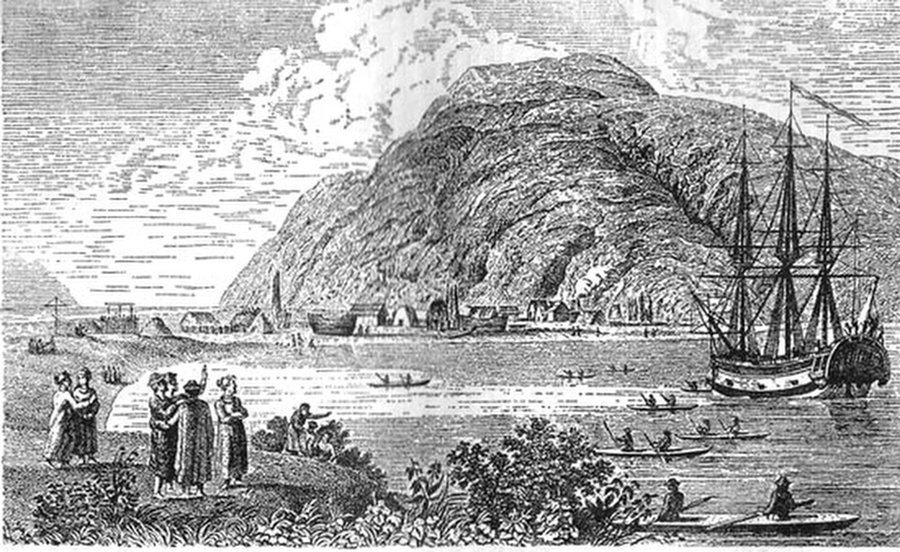
EXPLORATION
1784
Russians settle Alaska
On Kodiak Island, Grigory Shelikhov, a Russian fur trader, founds Three Saints Bay, the first permanent Russian settlement in Alaska. The European discovery of Alaska came in 1741, when a Russian expedition led by Danish navigator Vitus Bering sighted the Alaskan mainland.

21ST CENTURY
2003
Blackout hits Northeast United States
A major outage knocked out power across the eastern United States and parts of Canada on August 14, 2003. Beginning at 4:10 p.m. ET, 21 power plants shut down in just three minutes. Fifty million people were affected, including residents of New York, Cleveland and Detroit.

SPORTS
1971
Pitching ace Bob Gibson throws first no-hitter
On August 14, 1971, St. Louis Cardinals ace Bob Gibson throws the first no-hitter of his storied career. Gibson’s heroics helped his team sail to an 11-0 victory over the Pittsburgh Pirates. Gibson overcame numerous childhood ailments—including rickets, asthma and a heart attack.
U.S. PRESIDENTS
1935
FDR signs Social Security Act
President Franklin D. Roosevelt signs into law the Social Security Act on August 14, 1935. Press photographers snapped pictures as FDR, flanked by ranking members of Congress, signed into law the historic act, which guaranteed an income for the unemployed and retirees.
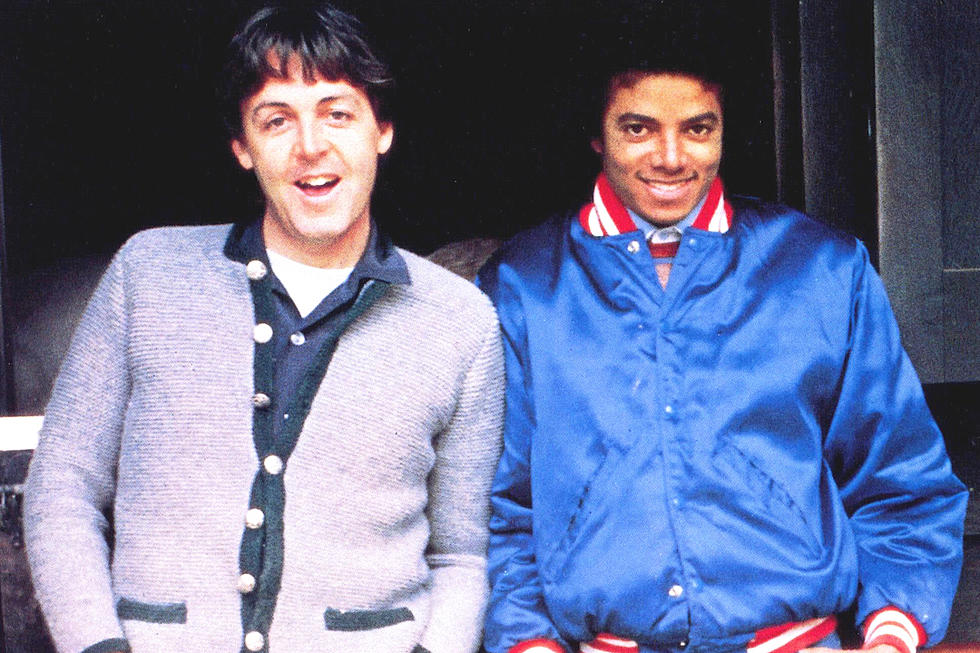
ART, LITERATURE, AND FILM HISTORY
1985
Michael Jackson takes control of the Beatles’ publishing rights
It was during their collaboration on 1983’s “Say Say Say” that former Beatle Paul McCartney is said to have advised King of Pop Michael Jackson to invest some of his enormous wealth in music publishing. It was sound financial advice that McCartney may have come to regret giving on August 14, 1985, when Michael Jackson purchased the publishing rights to the vast majority of the Beatles’ catalog for $47 million, outbidding McCartney himself.

CRIME
1994
The terrorist known as Carlos the Jackal is captured
Terrorist Illich Ramirez Sanchez, long known as Carlos the Jackal, is captured in Khartoum, Sudan, by French intelligence agents. Since there was no extradition treaty with Sudan, the French agents sedated and kidnapped Carlos. The Sudanese government, claiming that it had assisted in the arrest, requested that the United States remove their country from its list of nations that sponsor terrorism.
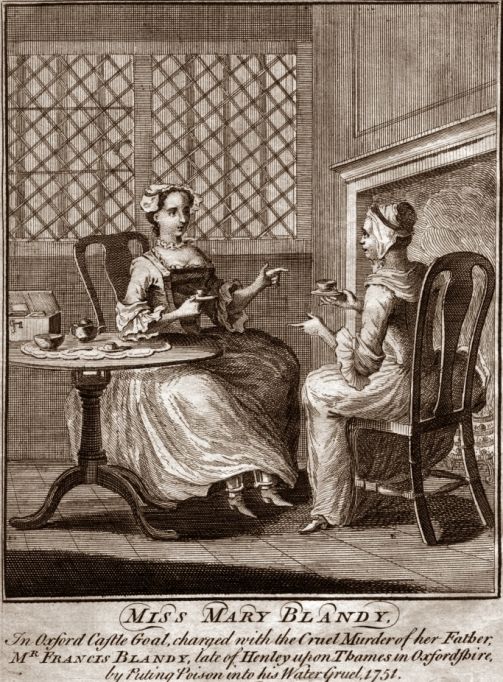
CRIME
1751
A daughter poisons her father
Francis Blandy falls into a coma and dies in his home outside London, England. Later that night, Blandy’s daughter Mary offered one of the family’s servants a large sum of money to help her get to France immediately. Mary was forced to flee on her own when he refused.
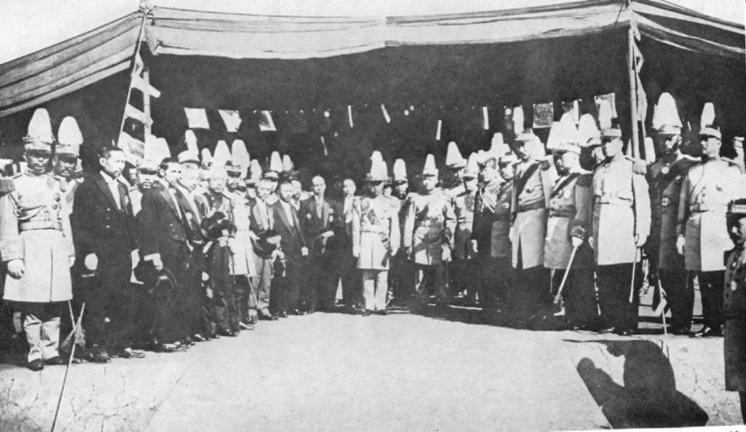
WORLD WAR I
1917
China declares war on Germany
On August 14, 1917, as World War I enters its fourth year, China abandons its neutrality and declares war on Germany. From its inception, the Great War was by no means confined to the European continent; in the Far East, two rival nations, Japan and China, sought to find their own role in the great conflict.
TODAY IN NIGERIA HISTORY

1929 Dick Tiger (born Richard Ihetu), boxer, was born at Ubahu village, Amaigbo. He became a two-time undisputed world middleweight title and also earned an undisputed Light-Heavyweight world championship.

1943 Samson Emeka Omeruah, soldier, politician and sport administrator was born in Zaria, Northern Nigeria.
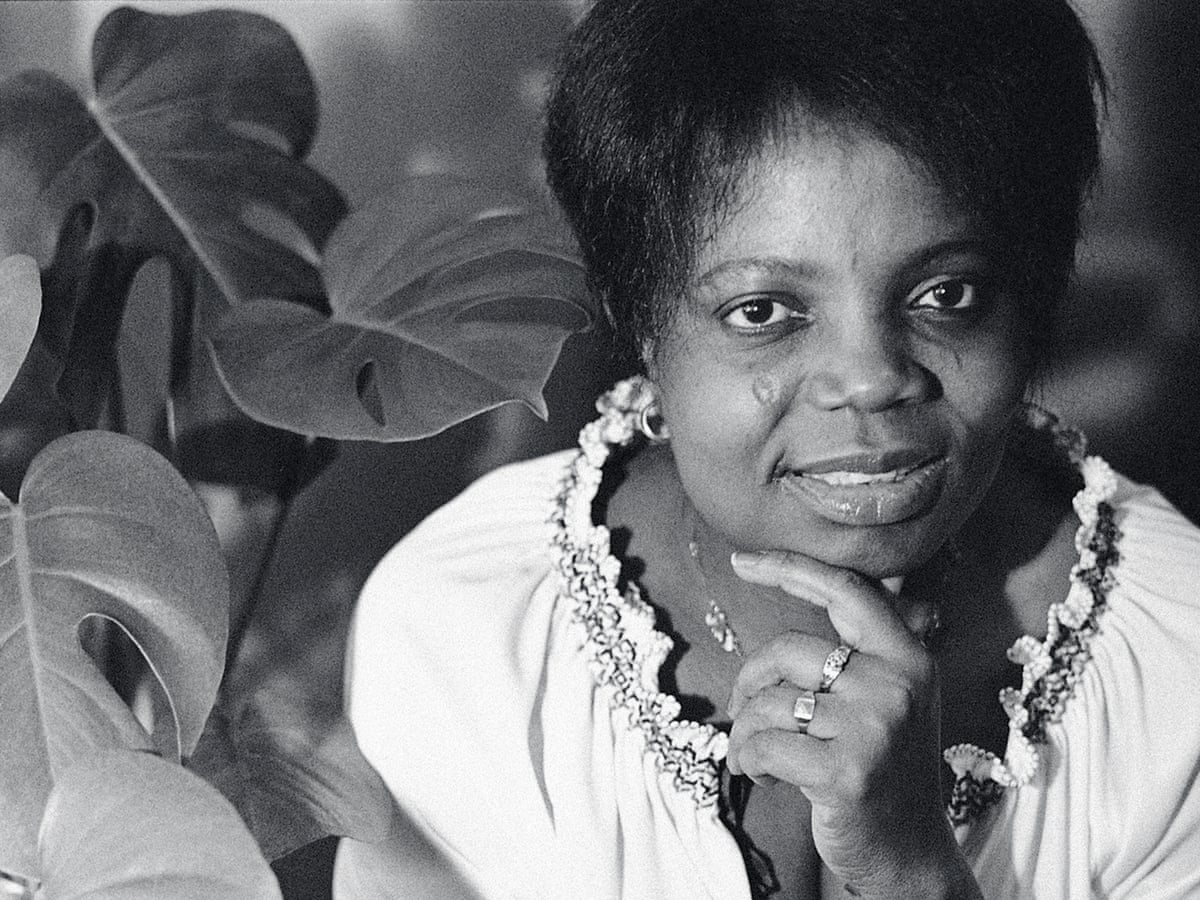
1944 Buchi Emecheta was born in Nigeria. She is a novelist who has published over 20 books

1973 Austin Jay-Jay Okocha, professional footballer, born.
2009 The Governor of Central Bank of Nigeria, Sanusi Lamido, announced the immediate removal of the CEO's, Managing Directors and Executive Directors of 5 Banks in Nigeria. They are Oceanic Bank Plc, Afribank Plc, Intercontinental Bank Plc, Union Bank Plc and Finbank Plc.

Comments
Post a Comment